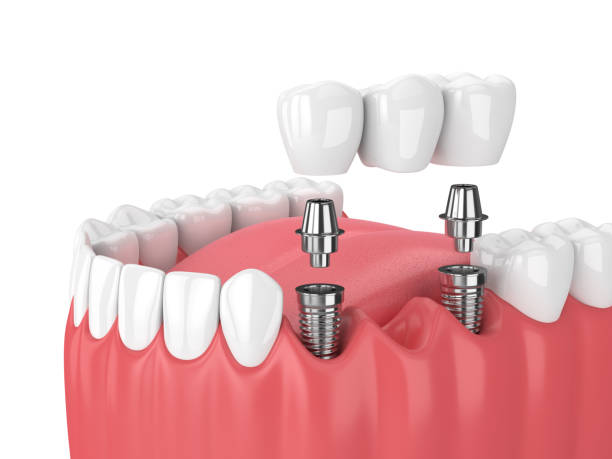Optimal Oral Hygiene: Elevating Dental Care Standards
Oral hygiene is an essential aspect of overall health and well-being. It is not just about having a bright smile or fresh breath; it is about maintaining healthy teeth and gums to prevent various dental issues such as cavities, gum disease, and bad breath. Optimal oral hygiene involves following a set of practices that elevate dental care standards and promote better oral health.
One of the key components of optimal oral hygiene is regular brushing and flossing. Brushing your teeth at least twice a day with fluoride toothpaste helps remove plaque, bacteria, and food particles that can lead to tooth decay and gum disease. Flossing once a day helps clean between the teeth where your toothbrush cannot reach, preventing the buildup of plaque and tartar.
In addition to brushing and flossing, it is important to visit your dentist regularly for check-ups and professional cleanings. A dentist can detect early signs of dental problems such as cavities, gum disease, or oral cancer before they become serious issues. Professional cleanings help remove stubborn plaque and tartar buildup that cannot be removed by regular brushing alone.
Another aspect of optimal oral hygiene is watching what you eat and drink. Sugary foods and beverages can contribute to tooth find out decay by feeding harmful bacteria in the mouth that produce acids that erode enamel. Limiting sugary snacks and drinks can help prevent cavities and maintain good oral health.
Furthermore, using mouthwash or mouth rinses can provide additional protection against bacteria that cause bad breath or gum disease. Mouthwashes containing fluoride can also help strengthen enamel and prevent cavities when used as part of a daily oral care routine.
Properly caring for your tongue is another important aspect of optimal oral hygiene. Bacteria can accumulate on the surface of the tongue leading to bad breath or other dental issues if not cleaned regularly with a tongue scraper or brush.
Lastly, quitting smoking or tobacco use is crucial for maintaining optimal oral hygiene standards. Smoking not only stains teeth but also increases the risk of gum disease, tooth loss, and even oral cancer.
In conclusion, elevating dental care standards through optimal oral hygiene practices is essential for maintaining good overall health. By following a routine that includes regular brushing, flossing, visiting the dentist regularly, watching what you eat/drink using mouthwash/mouth rinses properly caring for your tongue quit smoking/tobacco use will help ensure healthy teeth gums long-term wellbeing.




